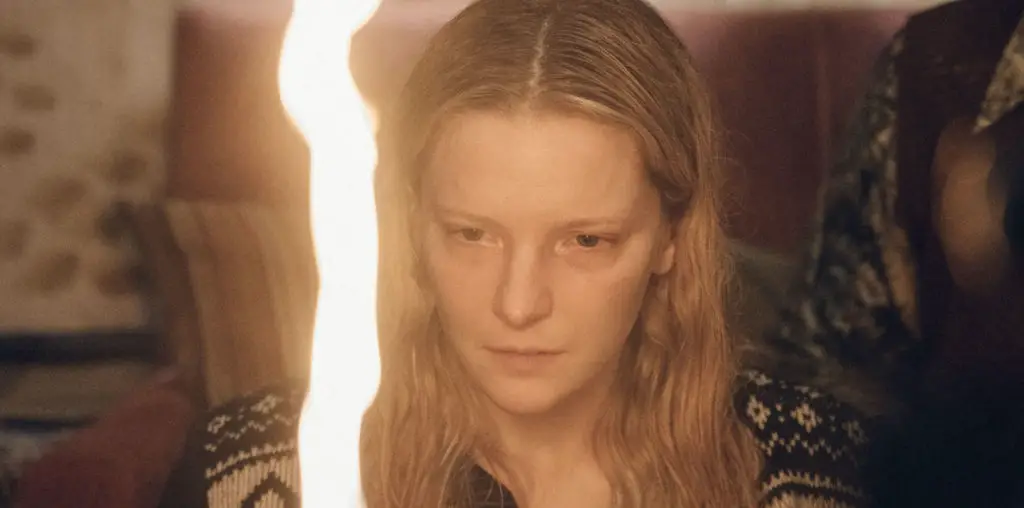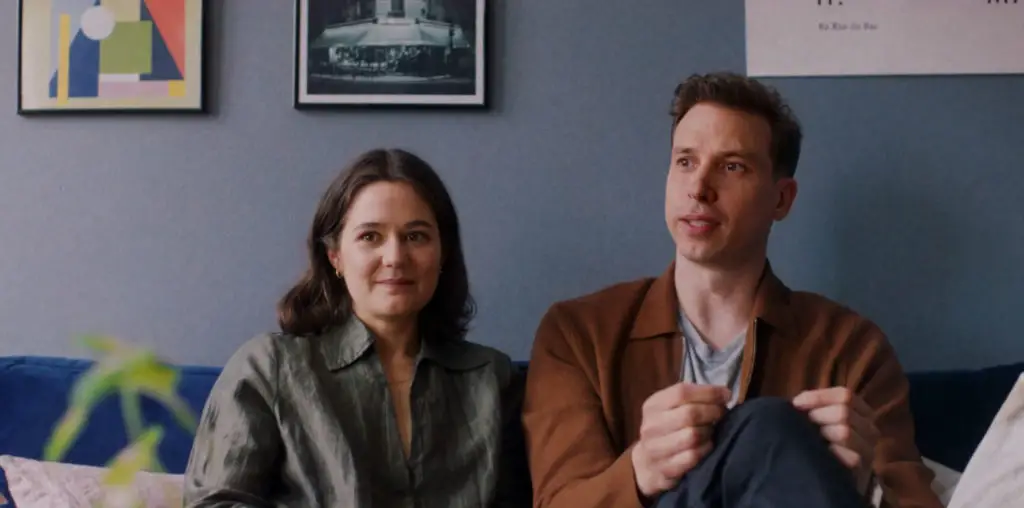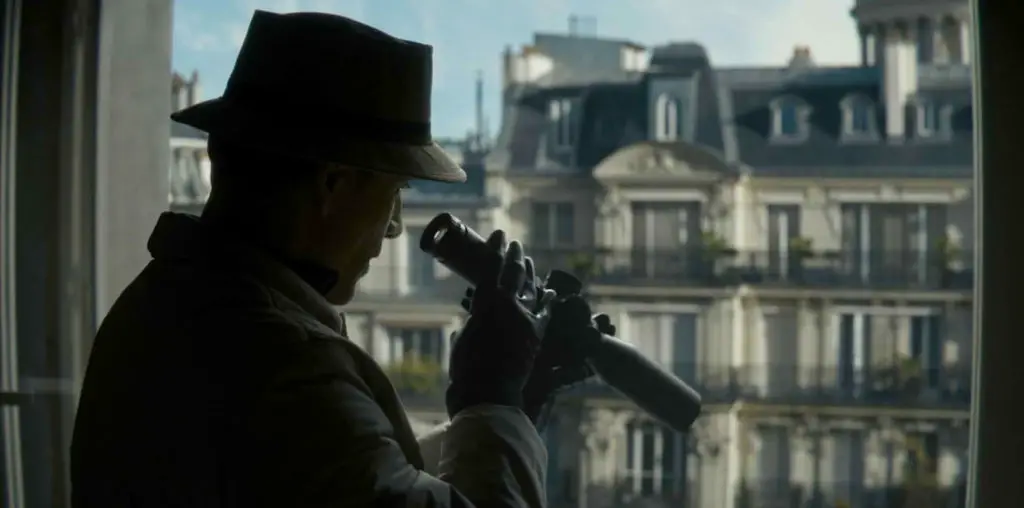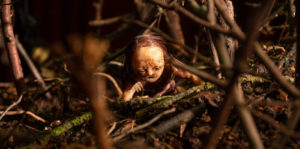
Stopmotion has a very strong opening shot. A young woman stands in a nightclub, looking at us as the camera dollies in on her face. Her expression starts to waver with the strobe lights, twisted in anger one moment, blankly happy the next. It is a terrifically inventive and unsettling effect. To say the rest of the film never quite reaches this height is not to damn it, though. It’s just that the opening shot is insanely inspired.
The woman is Ella (Aisling Franciosi), an animator who works with her dictatorial mother, Suzanne, played with mean intensity by Stella Gonet. Suzanne herself is something of a legend in stop-motion animation, and Ella wants to emerge from her shadow and work on her own ideas, but this is a notion her mother puts down firmly within the first act.
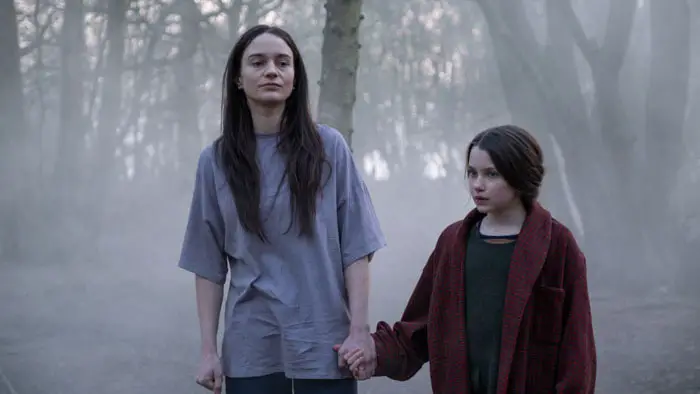
“Ella (is) an animator who works with her dictatorial mother…”
As Suzanne’s hands are arthritic hooks, Ella’s predicament is total. Employed as her mother’s assistant, she takes endless, exacting instructions, manipulated agonizingly slowly. In a sense, she is just like the puppets she is posing for the films. It is during one of these miserable sessions that Suzanne suffers a stroke and is hospitalized.
Ella moves into a decrepit flat, transferring the studio and props that imprisoned her and continuing her mother’s work. “I don’t have a voice.” was her complaint before. But the prospect of artistic freedom blurs when she starts receiving visits from a neighbouring young girl. The girl dismisses the work Ella is doing, and soon, the pair form a bizarre team, working on a new film about a monster called the ‘Ashman.’ How much of this newfound freedom is really under Ella’s control, and is this new project stirring something evil into life?
Stopmotion by director Robert Morgan was funded by The British Film Institute, and it’s encouraging to see them finance a straight horror film. Then again, their attraction is understandable. The script by Morgan and co-writer Robin King is filled with striking notions and clever allegory. The roles of Suzanne, Ella, and the girl mirror one another in seemingly endless ways. Grim jokes abound, such as Suzanne calling Ella ‘poppet’ while commanding her. And Ella’s sheltered state is drawn well in the pleasingly curt interplay between her and others.
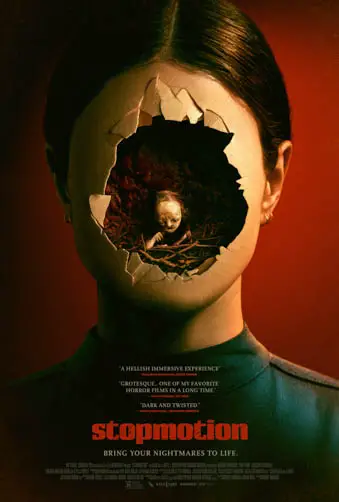
"…a well crafted horror film with it’s brains firmly on the inside..."
